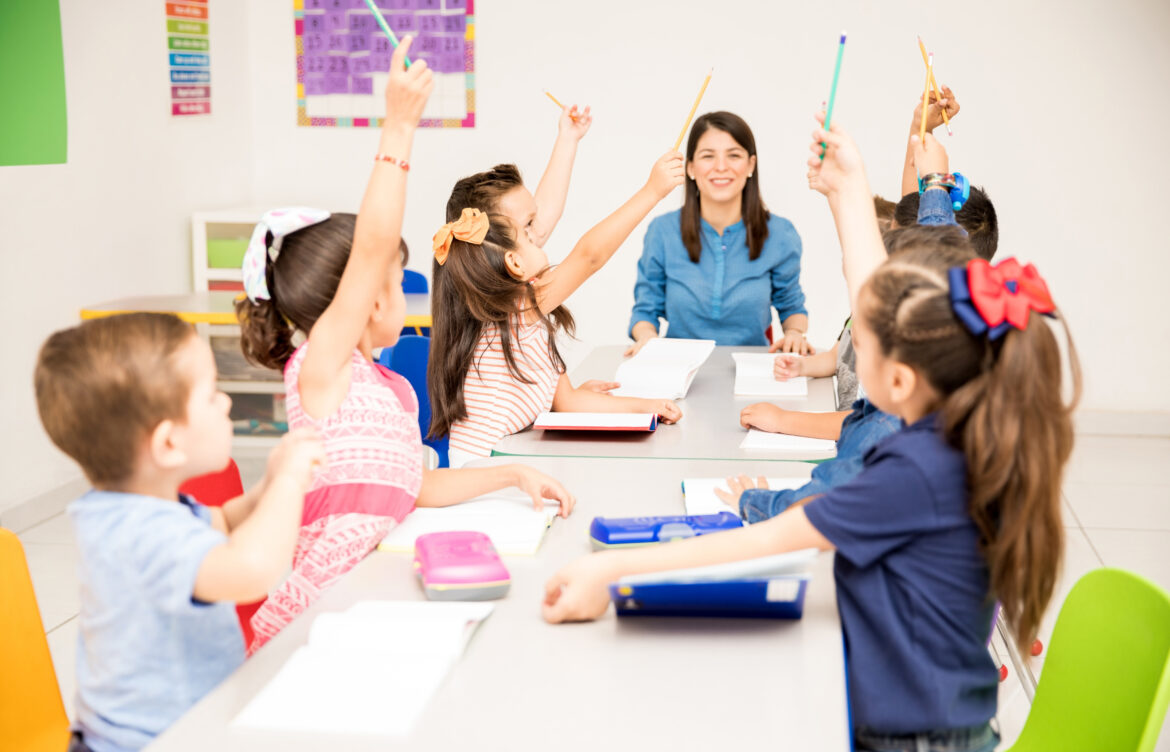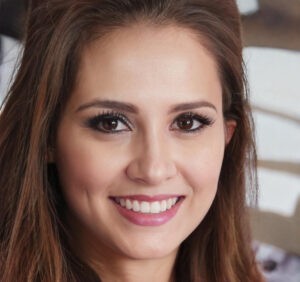
Montessori vs. Traditional Education: What Parents Need to Know
Choosing the right educational approach for your child is one of the most important decisions parents face. Two prominent methodologies often top the list: Montessori education and traditional classroom learning. Each approach offers distinct advantages, and understanding their differences can help you make an informed choice that aligns with your child’s needs and your family’s values. Whether you’re considering options like Endeavor Montessori or exploring traditional public schools, it’s essential to understand what sets these educational philosophies apart.
The Foundation of Each Approach
Traditional education follows a structured, teacher-led model where students of the same age learn identical curriculum simultaneously. Teachers present information through lectures, demonstrations, and guided activities, with students expected to absorb and reproduce knowledge through tests and assignments. This system emphasizes standardized learning outcomes and follows a predetermined scope.
Montessori education, developed by Dr. Maria Montessori, centers on child-led learning within a carefully prepared environment. Students choose their activities from a range of options, work at their own pace, and learn through hands-on exploration. Mixed-age classrooms encourage peer learning, with older students naturally mentoring younger ones.
Learning Environment and Structure
In traditional classrooms, students typically sit in rows or groups facing the teacher, who serves as the primary source of information. The day is divided into subject-specific time blocks, with scheduled transitions between activities. Students move through grade levels based on age rather than mastery.
Montessori classrooms feature child-sized furniture, open floor plans, and specialized learning materials accessible to students. Children move freely throughout the space, choosing where and how long to work on activities. The three-year age span in each classroom creates a family-like atmosphere where collaboration flourishes naturally.
Role of Teachers and Assessment
Traditional teachers direct instruction, manage classroom behavior, and evaluate student progress through grades, tests, and standardized assessments. They follow prescribed curricula and maintain authority over learning decisions.
Montessori educators act as guides or facilitators, observing children to understand their interests and readiness for new challenges. Rather than traditional grades, they use detailed observations and portfolios to track progress. Assessment focuses on the child’s development across multiple domains rather than academic achievement alone.
Individual Learning Styles and Pace
Traditional education typically employs a one-size-fits-all approach, expecting all students to master concepts within the same timeframe. While differentiation exists, the fundamental structure remains standardized.
Montessori education recognizes that children learn differently and at varying paces. Students can spend extended time mastering concepts that challenge them while moving quickly through areas of strength. This individualized approach helps prevent both boredom and frustration.
Making the Right Choice for Your Family
Consider your child’s personality, learning style, and needs when choosing between these approaches. Some children thrive in structured environments with clear expectations, while others flourish with greater autonomy and choice. Factor in your family’s educational values, long-term goals, and practical considerations like location and cost.
Neither approach is inherently superior; both can produce successful, well-rounded individuals. The key is finding the educational environment where your child can develop confidence, critical thinking skills, and a love of learning that will serve them throughout their academic journey and beyond.
 Mattie Hubbard is a distinguished figure in the field of sustainable agriculture, known for her innovative approaches to environmentally friendly farming practices. With a deep-rooted passion for the earth and a commitment to ecological balance, Mattie has become a leading voice in promoting sustainable methods that benefit both the environment and the farming community. Her work often involves integrating traditional agricultural knowledge with modern techniques to create systems that are both productive and sustainable.
Mattie Hubbard is a distinguished figure in the field of sustainable agriculture, known for her innovative approaches to environmentally friendly farming practices. With a deep-rooted passion for the earth and a commitment to ecological balance, Mattie has become a leading voice in promoting sustainable methods that benefit both the environment and the farming community. Her work often involves integrating traditional agricultural knowledge with modern techniques to create systems that are both productive and sustainable.
